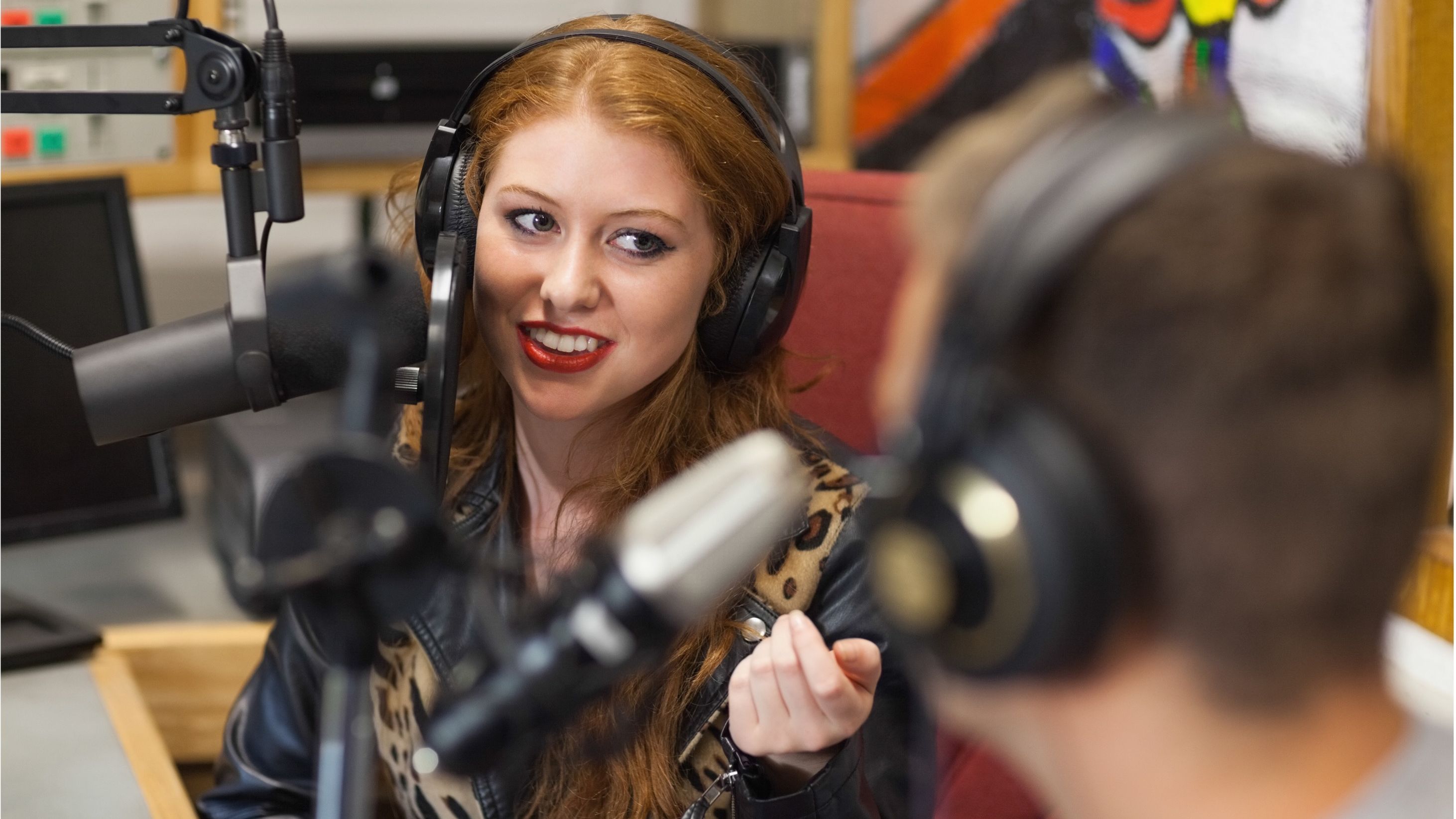ISOC resources
It’s no secret how much body language matters for public speaking and leadership. The real secret is this: leaders who want executive presence (and the people who coach them) have been working on the wrong problem. Here’s how fixing the right problem helped one CEO land a $6.3 billion deal.
When professionals stand up to speak and the stakes are high, they want to appear confident and authoritative. They want to project “leader energy” and so they focus on what they do with their bodies in the moment – gesture, movement, eye contact, posture vocal projection and so on.
But teaching your body to stand or move or speak in certain ways won’t help you come across as a leader. You can’t convincingly perform leadership traits like confidence or authenticity – you have to embody them. What your audience sees and hears is an expression of the underlying state of your nervous system. Regulate that, and your body language will take care of itself. Don’t treat the symptom – treat the deeper cau...
Most people are well aware of the importance of body language in public speaking and media interviews, but in practice it is challenging and often counter-productive to try actively to hold ourselves in a way that our bodies don’t find natural. Experienced actors know how to use their bodies to send signals of confidence and presence, but most of us don’t have a lifetime of experience managing the subtleties of posture and gesture. Making a conscious effort to hold ourselves in a particular way consumes precious attention, can make us feel self-conscious, and at worst can end up looking affected and inauthentic.
In public speaking and media training at ISOC we go about things a different way: we use the concept of physical priming. Forget about power poses and rehearsed gestures. Almost everything that you can do in practice to improve your physical presence happens in advance. Just before you need to perform, follow a ritual of movement to warm up and prime your body, and then when t...
When you’re preparing to speak in public, whether for a speech, presentation or media interview, it can be very useful to run through some of the same vocal warm-up drills that singers and stage actors use to maximise vocal projection. If you prime your voice in this way, you will sound better without even having to think about it.
Jaw and cheek muscle release
- Find your Masseter (upper jaw) muscles, which hang from the back of your cheekbones in a notch about one inch in front of each ear.
- Find a point where firm pressure feels good. Push in and up with a finger or thumb.
- Press steadily for three slow breaths. Repeat three times.
- Open your mouth wide as if in shock or surprise. Hold for 10. Repeat three times.
(Based on therapeutic techniques for facial muscles and joints).
Lip buzz / "kazoo"
Inhale deeply, then exhale with your lips together but relaxed, so that they flap and buzz. (You can’t make the noise if your face is tense!)
- “Whisper” the buzz without engaging yo ...
In Zen Buddhism there’s a useful word meaning “neither yes nor no”. When an acolyte asked a foolish question, the Master could reply “mu”, meaning “I say ‘yes’ but I mean ‘no’ and the actual answer is: unask the question.”
If only we could say “mu” in modern life! Sadly, it only works on Buddhist monks, and not on children asking if Santa Claus is real. Happily, there exists a large toolbox of practical techniques for answering difficult questions when they come your way. We teach them in in media training and also in public speaking training, for Q&A sessions. These strategies are versatile enough for you to use with bosses, clients, investors, customers – or anyone else in that category of people whose questions you might prefer not to answer directly.
Best practice has changed fundamentally from the bad old days of spin doctoring. Not long ago, it was common for politicians, spokespeople and executives to use clumsy “blocking and bridging” techniques when hit with an unwanted ques...
Imagine you need to get your head around a difficult new topic – quantum theory, for example, or genetic engineering. Would you be better off talking to a Nobel Prize-winning genius, or a young scientist working in their lab? You might get lucky, if the wise professor is also a great communicator, but surprisingly often you’d learn more from the lowly assistant.
The reason is a cognitive bias that psychologists call the Curse of Knowledge. It’s a software glitch that causes our brains to overestimate how much other people understand. When we master an idea, we delete the memory of how it felt not to understand it. We have a blind spot when it comes to empathising with people who don’t know what we know. The Curse of Knowledge causes experts to speak over the heads of non-experts: the wiser they get, the less effective they become at explaining themselves.
Understanding and compensating for the Curse of Knowledge is a powerful way for all of us to become better communicators in all ki...






